“Achoura” is a dark, uncompromising and beautifully executed monster movie that kept me fully engrossed — and left me wanting even more.
The past is haunting as well as vexing. Sometimes there is really no way to rectify the events of the past, no matter how fervently one tries. Achoura is a film that keeps in mind that what happens in the past isn’t always truly in the past — and with the past comes the trauma of it.
Achoura opens on the festival of Ashura or Child’s Night, a joyful celebration in Morocco. At the festivities are a young child bride named Bashira and an unnamed boy. The two sneak away, and their interaction reveals that they are truly in love with one another. Meanwhile, Bashira feels trapped by her marriage to a much older man. The conversation between the children is sweet and tinged with unbelievable sorrow as well because of Bashira’s status as a child bride.
The darling moment between them comes to an end when Bashira’s husband comes looking for her. The children flee to a dilapidated house, hoping to evade the man. The boy and Bashira hide in a closet. The boy attempts to attack the man ,who in turn nearly strangles him to death. Bashira saves the boy before he can be killed by knocking her husband unconscious. The triumphant moment is cut short when Bashira is pulled into the body of some grotesque creature.
The movie fast forwards to modern times where we meet school teacher Nadia (Sofiia Manousha) and her young son Youssef.
Her husband and Youssef’s father, Ali (Younes Bouab), is an inspector for the police department and an often absent spouse and father. More characters are introduced into the narrative, including Stephane (Iván González), a mutual friend of Nadia and Ali’s, and Ali’s long absent brother Samir (Omar Lotfi).
Nadia, Stephane, Ali, and Samir have a complex history that stems from one terrifying and fateful night in their childhood. It was a night that ended in the disappearance of Samir — and is linked to the creature that took young Bashira all those years ago.
When children start disappearing once more, Stephane implores Nadia to remember that traumatic night in order to stop the monster that is behind the missing children. Meanwhile, Ali is reunited with his now adult brother Samir while investigating the abductions of the children. Samir has a peculiar link to the kids’ disappearances.
Flashbacks to the foursome’s childhood fill in the blanks and provides the audience with much needed answers to the mystery at hand.
Achoura is a well-made film. It’s exciting to see a horror film come from a country like Morocco due to its small output of films, let alone genre fair such as Achoura.
The film is bolstered by solid performances from the four leads, particularly Sofiia Manousha’s Nadia.
I could easily see Manousha becoming a staple in the genre if she chooses to venture deeper into horror. Several scenes in the film are memorable and moody, my favorite being when Nadia attends Stephane’s gallery opening. Stephane’s art is provocatively morbid and endlessly interesting. (A big hand to the artist who provided the pieces for the film, because I adored them.)
There is an absolutely transfixing scene where Nadia watches Stephane address the crowd at the opening where he discusses childhood and monsters. “Monsters are a reflection of our society,” Stephane says. Watching Nadia become mesmerized and engrossed by what Stephane is saying speaks to Manousha’s strengths to an actress.
González leans into the charisma and mystery of his troubled artist who has been tormented by his own memories. Bouab does a fantastic job playing such a conflicted character as Ali. While he’s not exactly likable, Bouab makes him completely understandable if not a little melancholy. Meanwhile, Lotfi has one of the more physically demanding roles, since his character has little dialogue — and the part relies heavily on his mannerisms and expressions. However, he handles the material given to him with deft.
Viewers will surely draw comparisons between Achoura and Stephen King’s opus It.
There are definite similarities between the two, but not to its detriment. The similarities between the two might actually spark a great deal of interest in Achoura.
Director Telal Selhami makes this a thoroughly Moroccan tale. Achoura is as dependent on its geography as It is its. So, if you wondered how It might play out in a different region of the world, Achoura could provide you with some answers— all the while maintaining its own folklore that separates it firmly from King’s story.
I will say this, Achoura’s ending is much bleaker than the ending of It and begs the question, “Is anything ever really over? And can it ever be over?”
There’s no clean resolution here, only dread for the future of the surviving characters. Achoura works as a dark fairytale in many ways and might appeal to those who are fans of Andy Muschietti’s Mama or the films of Guillermo del Toro.
This film also boasts some impressive technical aspects.
Romain Paillot’s score is a definite highpoint. It captures the flourishing whimsy of childhood, while hinting at the darker underside of it as well. The creature design for the film is formidable. It echoes other terrifying creature designs, but manages to have its own innate unique quality. It’s a damn good monster, and the visual effects are admirable.
One of the films biggest drawbacks, for me at least, is that it feels like it should have been a little longer, so that the audience could have spent more time with the characters. The time we had with them felt too brief to completely get to know them as well as I would have liked.
Is this a bad thing? Not in the least, because it means that the characters were interesting enough that I wanted to see them delved into more.
Achoura could have benefitted from a slower pacing. Despite this, the film is engrossing enough to pass its 90 minute runtime easily.
Fans of foreign horror should give Achoura a watch because it explores a part of the world that horror has not truly tread yet.
It would be extremely nice to see more genre movies come from Morocco, and by a larger extension Africa in general, in the future.


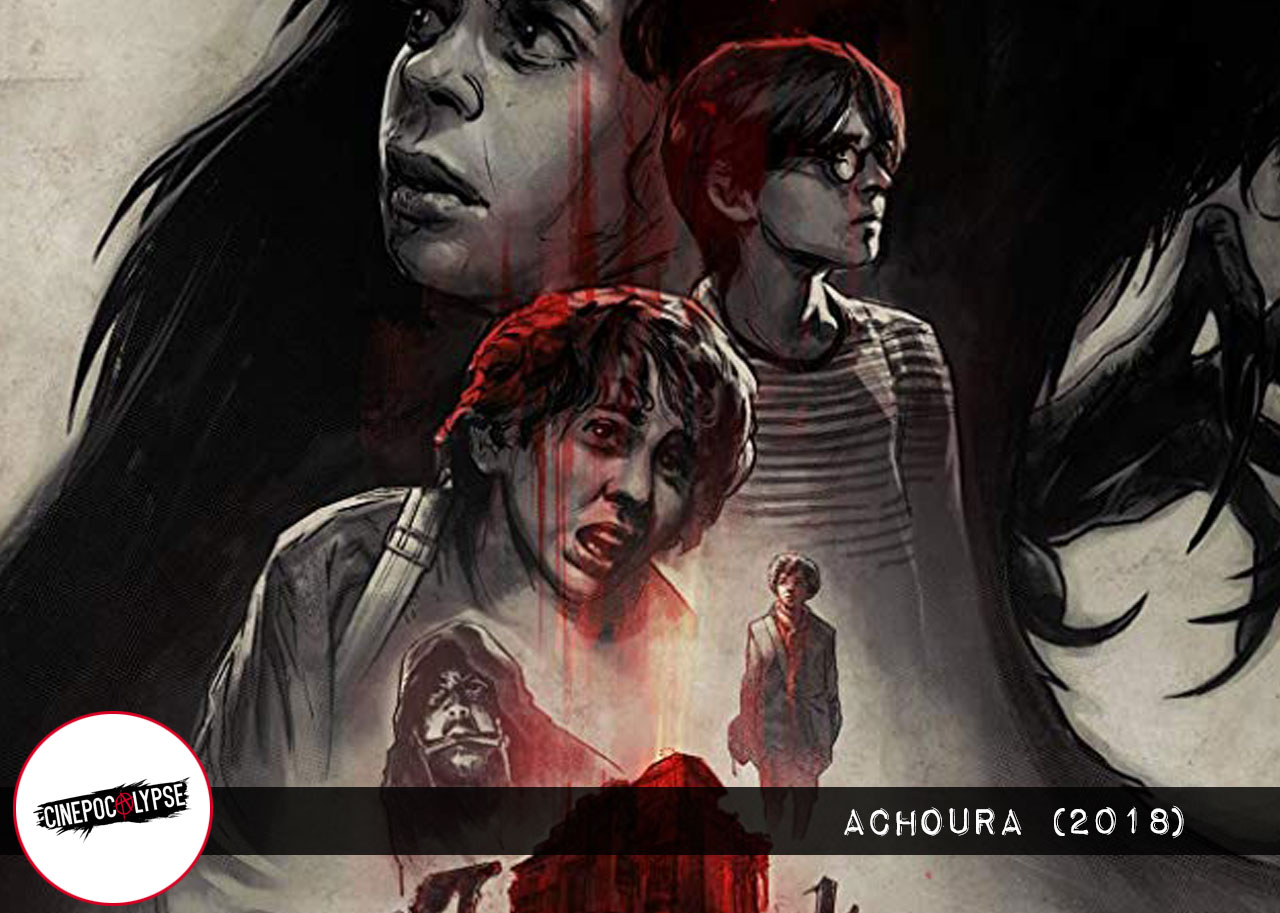
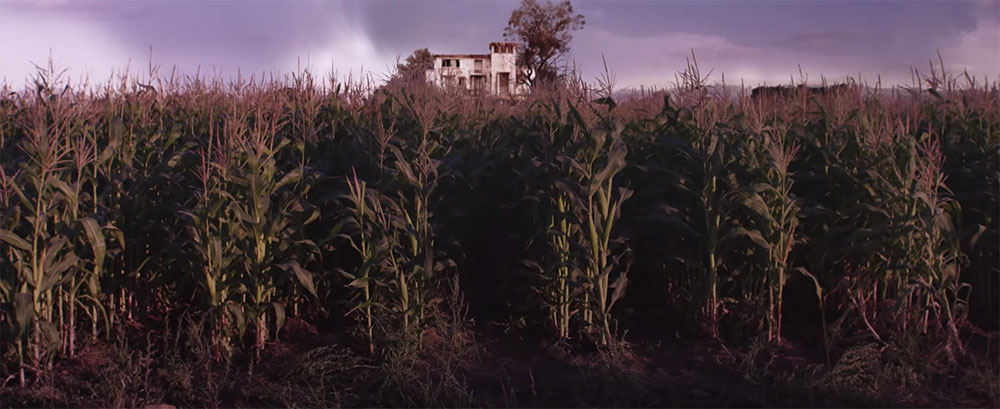
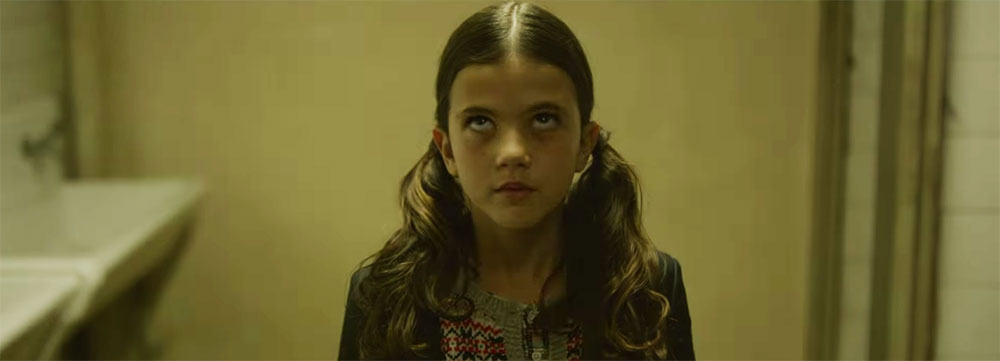

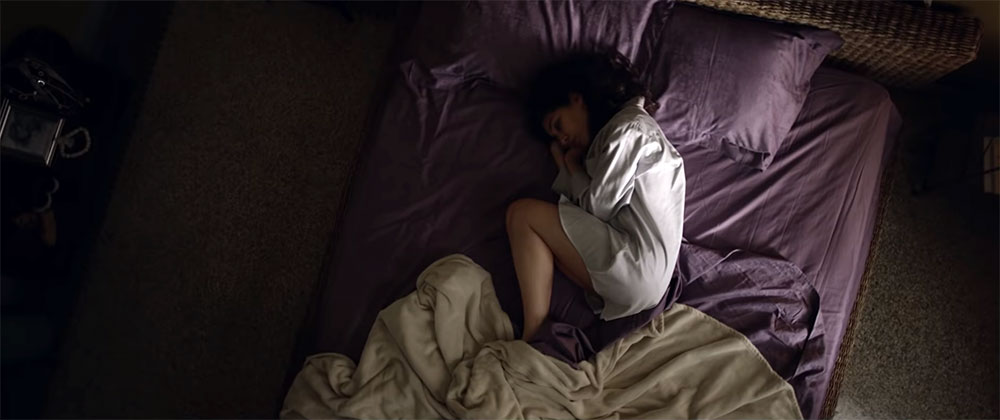

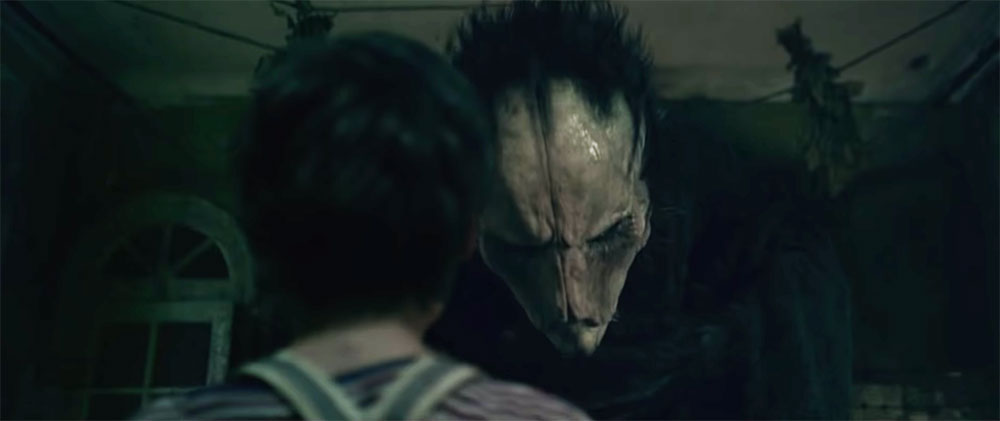
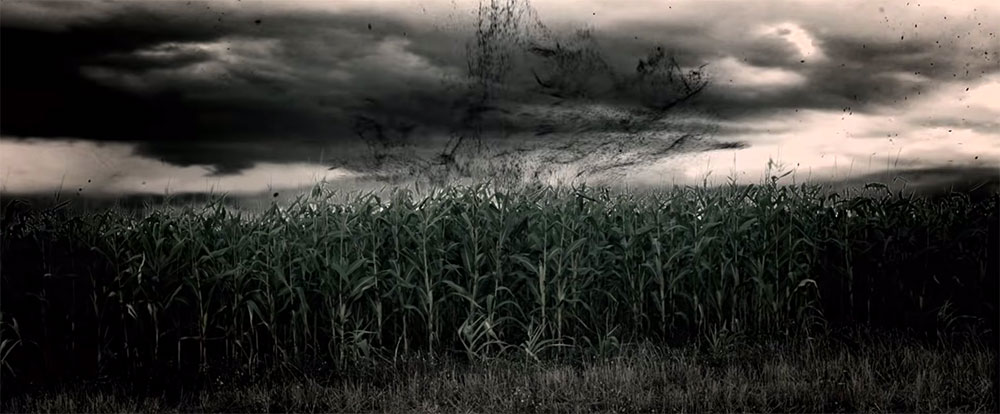

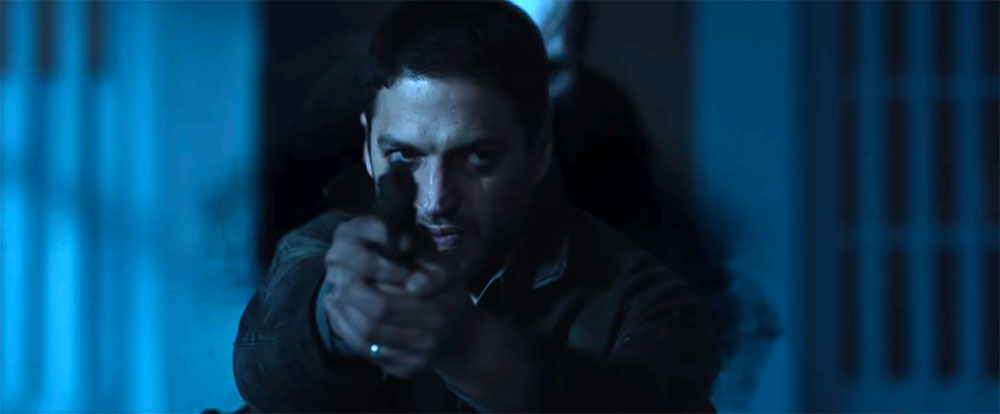
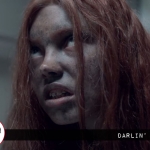


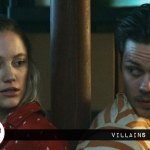







Follow Us!